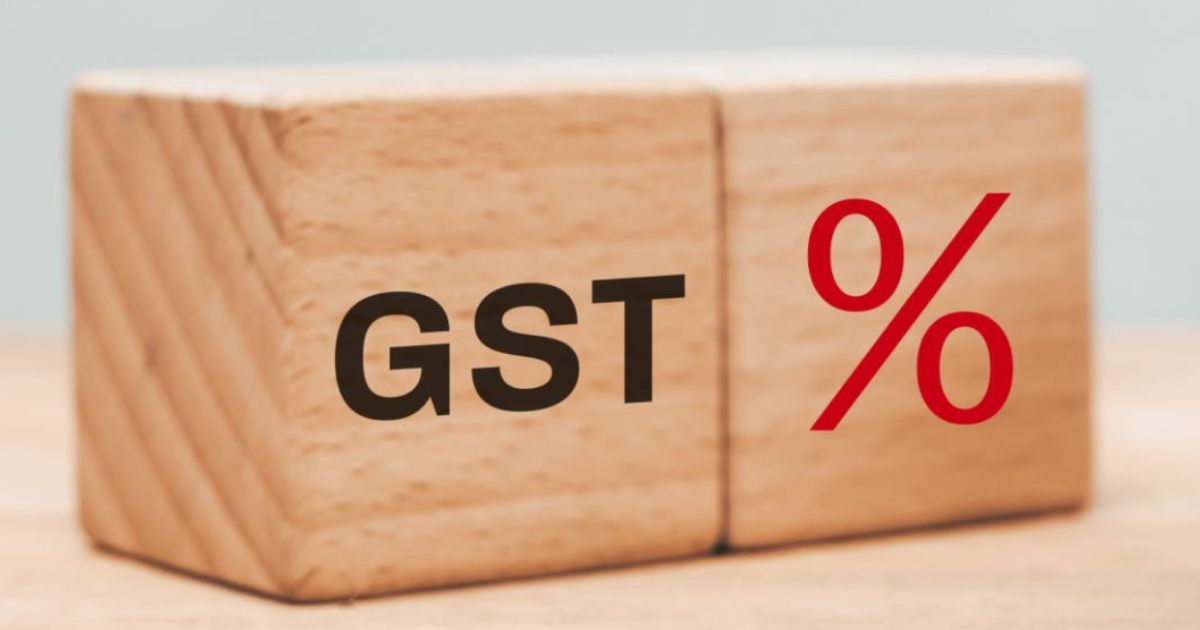The Indian Sellers Collective, a coalition of trade associations and sellers across India, has strongly opposed the proposal for a fifth GST slab with a 35% rate on demerit goods like aerated beverages, cigarettes, and tobacco. Ahead of the 55th GST Council meeting scheduled for December 21, 2024, in Jaisalmer, Rajasthan, the group has urged the Finance Minister and the GST Council to reject the recommendations, calling them detrimental to the Indian retail ecosystem.
In a statement issued on Thursday, the group argued that a pricing-based GST rate structure and the introduction of a 35% tax rate would fundamentally disrupt the current GST framework, which was designed to be a "good and simple tax."

Impact on Retailers and Compliance
The Indian Sellers Collective warned that such measures would harm profit margins, complicate compliance, and spur the growth of a parallel economy. Abhay Raj Mishra, Member and National Coordinator of the group, emphasized that these recommendations would hurt small and mid-tier sellers while benefiting Chinese producers, who dominate the market for cheap goods.
“A 35% tax on demerit goods like tobacco and aerated beverages will exponentially grow their illicit market. Many sellers will be forced out of the formal economy, and small businesses will face compliance nightmares and increased litigation risks,” Mishra said.
He further highlighted that the traditional Indian retail network, already under pressure from e-commerce and quick-commerce platforms, would face irreversible damage if these changes were implemented.
Threat to Domestic Producers and Consumers
The Collective also warned that a high tax rate would make products like aerated drinks and cigarettes unaffordable for the average consumer, driving them toward illicit and unsafe alternatives such as smuggled goods. This shift could strengthen the grip of smuggling syndicates on the market, leaving small retailers vulnerable and dependent on these illegal networks to survive.
Additionally, the pricing-based GST rate structure is expected to encourage manipulation and under-invoicing, creating further regulatory challenges and increasing the burden of litigation.
Call to Protect the 'Good and Simple Tax'
The group argued that the introduction of multiple tax slabs and a 35% rate on demerit goods goes against the original spirit of GST as a simplified tax regime. “If the Group of Ministers’ (GoM) recommendations are adopted, all the gains of the GST regime will be wiped out, causing permanent damage to India's vast age-old retailer network,” Mishra added.
The Indian Sellers Collective reiterated its demand for a streamlined GST structure that supports domestic sellers, prevents the rise of a parallel economy, and fosters trust in the tax system. They urged policymakers to consider the long-term impact on Indian retailers and the economy at large.
The 55th GST Council meeting is expected to be a pivotal moment for deciding the future direction of India’s indirect tax regime.







 CAclubindia
CAclubindia

